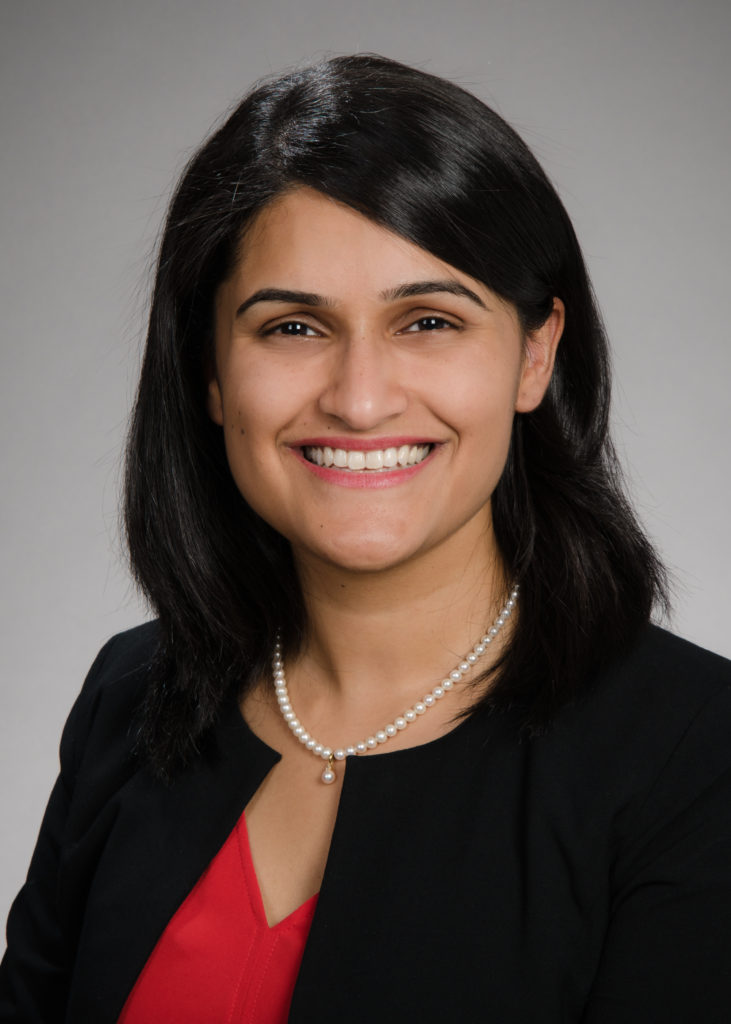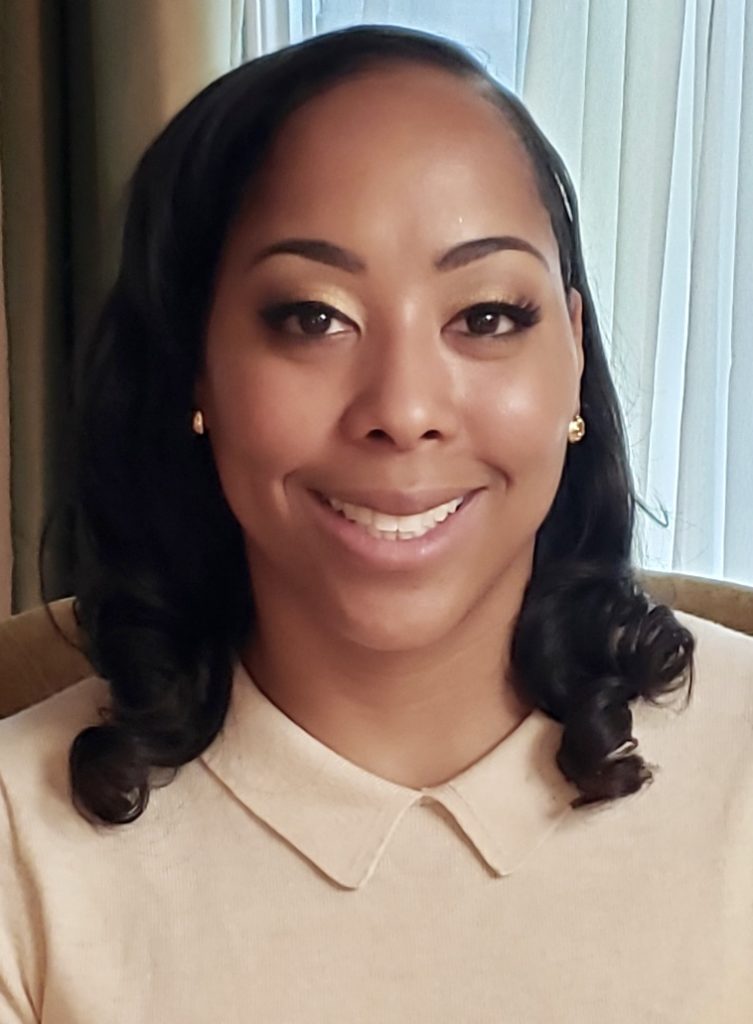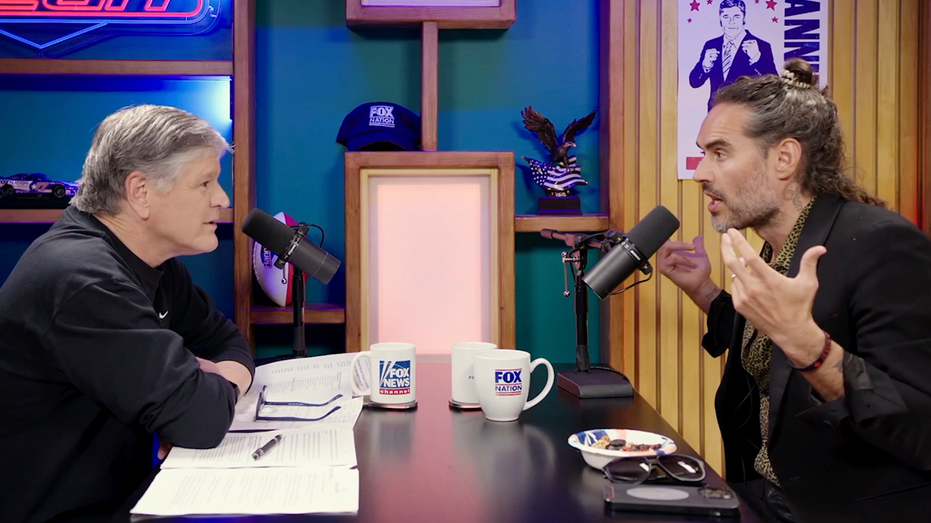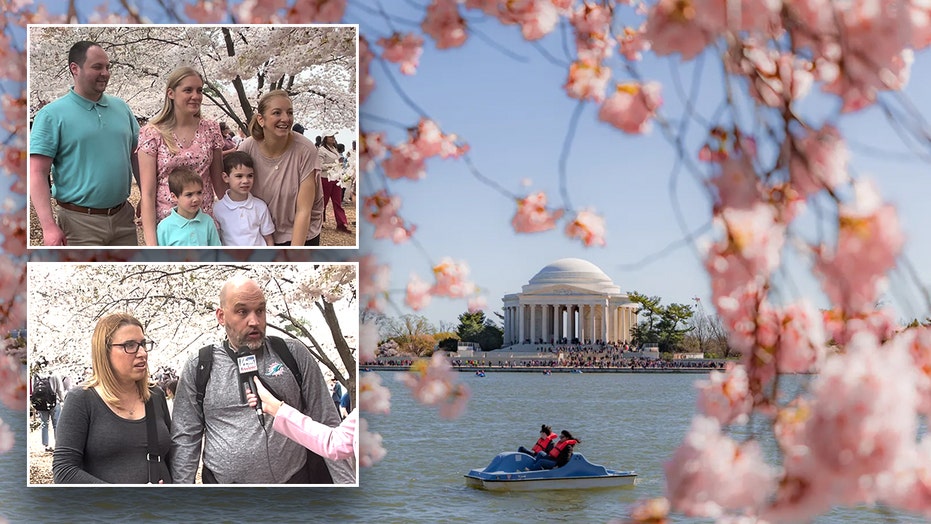- by newdentistblog
- 07 Jul 2022
Dentist shares personal story in advocating for Ensuring Lasting Smiles Act
Dentist shares personal story in advocating for Ensuring Lasting Smiles Act
- by newdentistblog
- 07 Jul 2022
- in dentist

Editor's note: The American Dental Association is proud to announce that the U.S. House of Representatives will vote on the Ensuring Lasting Smiles Act (ELSA), H.R. 1916, the week of April 4. The ADA has been lobbying this issue for years alongside our colleagues at the American Association of Oral and Maxillofacial Surgeons (AAOMS) as well as many other dental organizations. Most recently, this was one of the issues that dentists and students advocated for during March 2022 Lobby Day. Please click here to send a message to your Representative and encourage other dentists you know to send messages as well.
Dr. Mark Horner was born in 1961 in suburban Maryland with a complete bilateral cleft lip and palate.
A cleft occurs when body parts and structures do not fuse together during fetal development. Clefts can involve the lip and/or the roof of the mouth, which is made up of both hard and soft palate tissue.
He had nine surgeries when he was very young, making progress in stages as he grew. There was orthodontic treatment (braces) at age 5 and again in his teenage years. At age 10, an additional surgery, a "tongue flap", was utilized to close the residual hole in the roof of his mouth. This failed after 10 years and had to be redone. At age 17, a fixed bridge was placed to replace the missing teeth and to cover the misshapen and malformed teeth. (Techniques to manage cleft lip and palate have improved over the 50+ intervening years and today fewer surgeries may be required.)
Dr. Horner's mother recalls that she was given minimal guidance on how care for Mark. Each time she finished feeding him, it was almost time to start over. She mentioned that even with good medical insurance, she had trepidation in transferring Mark to Johns Hopkins Hospital because she was concerned about treatment affordability. The orthodontics and dental bridge were paid out of pocket because they were not covered by medical insurance and there was no dental coverage.
After five decades, this medical condition still isn't "cured" for Dr. Horner. At age 51, his 34 year old dental bridge had to be removed along with two additional teeth due to failing roots and bone infection. He then needed bone grafts to support an implant, crowns and a new removable appliance. He was told that due to the challenging nature of his case, the work required to prepare his mouth for a new bridge might not result in the most satisfactory outcome. Additionally, after childhood orthodontics, his posterior teeth gradually tilted towards the center of his mouth, and this too, was risky to correct.
The Ensuring Lasting Smiles Act, (S. 754/H.R. 1916) or ELSA, introduced in Congress in 2019 could help children with conditions like Dr. Horner's. "It is extremely important to help people with birth anomalies because these conditions are not simply cosmetic procedures. Medical and dental procedures are performed to help patients eat, breathe and chew normally" Dr. Horner explained. "They need to be performed in a timely fashion for optimal results. Failing to correct these problems fully can lead to lifelong physical and psychological scars, since children may not 'fit-in' and may be subject to bullying and ridicule."
Dr. Horner continues, "There is no time for parents to be haggling with insurance companies about medical necessity for their children's conditions. We can't let patients start their rehabilitation only to delay or discontinue treatment due to insurance denials and financial issues. That just isn't right!"
"My personal experience and medical history definitely sparked my interest in dentistry," Dr. Horner explains. "I was lucky that my parents lived close to wonderful hospitals and were able to afford the extensive treatment that I required."
As a general dentist in a suburban community he saw many less-involved cases of congenital dental anomalies that should be covered under this act. "I am dedicated to moving this bill forward," Dr. Horner says "all dentists should be advocating for patients who are completely unaware how ELSA could help."
Editor's note: Dr. Horner's article originally appeared in the New Dentist Now blog on Aug. 19, 2019.
- by foxnews
- descember 09, 2016
Archaeologists uncover proof of ancient biblical battle at Armageddon site: 'Exceptional phenomenon'
A team of archaeologists may have discovered evidence of the biblical Battle of Megiddo, where Josiah, the king of Judah, was killed by Egyptian forces in 609 B.C.
read more




